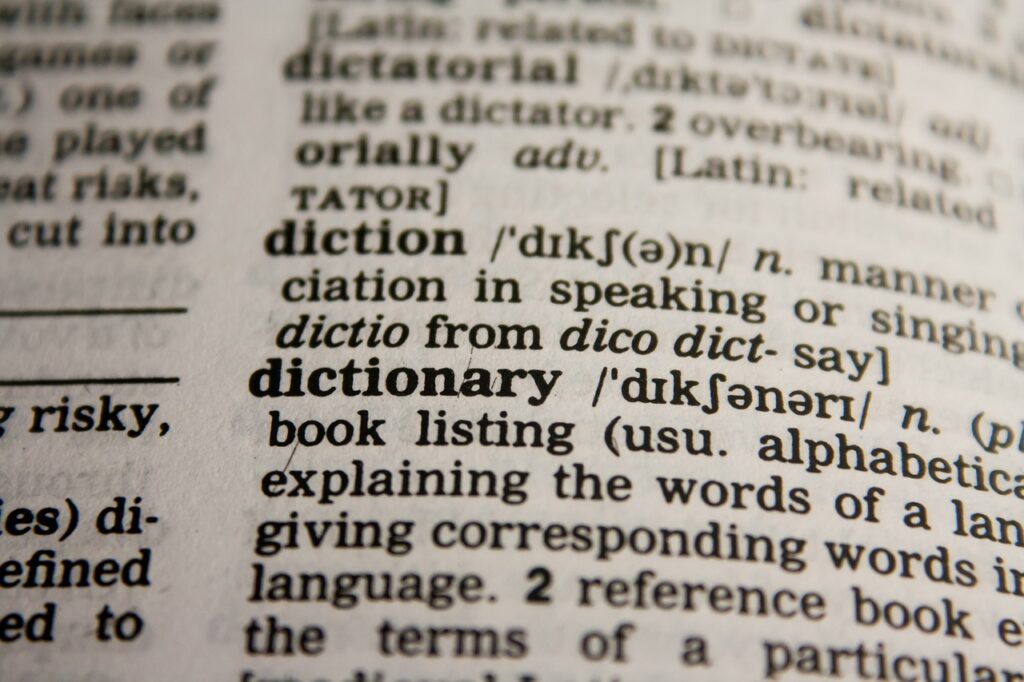
You want the content you create to reach the top of the search engines, bring in traffic and enhance your business model, but you are not sure how to get there. Let’s talk SEO (Search Engine Optimization). SEO has several rules (and some can be confusing), so we’re going to focus on a simple fix to enhance your writing and raise your SEO potential.
Creating engaging, easily digestible but not boring content for your readers can be challenging. Understanding your audience is key. If you’re speaking to tech savvy readers, the use of technical terms is appropriate and expected. If your readers are not as well versed in technology, such terms could cause confusion and disconnect. It is difficult to create blanket statements of “do this, not that,” when discussing content, however, several words in the English language are universally overused. Replacing these terms and phrases with more effective alternatives will enhance your writing and keep your audience tuned in.
10 Overused Words
Very – The modifier ‘very’ – also known as a degree adverb – is one of the most overused words in the English language. There are alternatives including, exceedingly, decidedly, and deeply, however, it’s usually the adjective or additional adverb you’re describing that needs to be improved. A few examples are below…
- Alternatives to very difficult: taxing, grueling, challenging, arduous
- Alternatives to very important: critical, necessary, imperative
- Alternatives to very happy: elated, joyful, delighted, overjoyed
Like – The word ‘like’ has a variety of uses in the English language. It can be used as a verb, adjective, adverb and more. While the usage of this word is sometimes necessary and preferable, there are other terms that can be used at times…
- Alternatives to like as a verb: admire, fond of, appreciate
- Alternatives to like as an adjective: related, equivalent, paralleled, resembling
- Alternatives to like as an adverb: approximately, close to, nearly
Literally – The word ‘literally’ is an adverb that means in the literal or strictest sense. ‘Literally’ has also morphed into an intensifier in the last two hundred years or so: “She literally died when she heard what he said.” ‘Literally’ here means very nearly, basically, etc.
Some alternatives to literally: precisely, actually, simply
The remaining terms are commonly overused adjectives – words that describe nouns – and some alternatives to use instead…
Nice: friendly, kind, lovely, cordial
Bad: awful, dreadful, atrocious
Funny: amusing, hilarious, entertaining
Amazing: stunning, fascinating, marvelous, awesome
Interesting: compelling, engaging, intriguing, thought-provoking
Big: massive, gigantic, colossal, substantial
New: contemporary, current, original, recent
By replacing one or several of these common terms the next time you write (or speak) for an audience, you’ll be setting yourself apart from the crowd by creating a more original and compelling story for your readers.